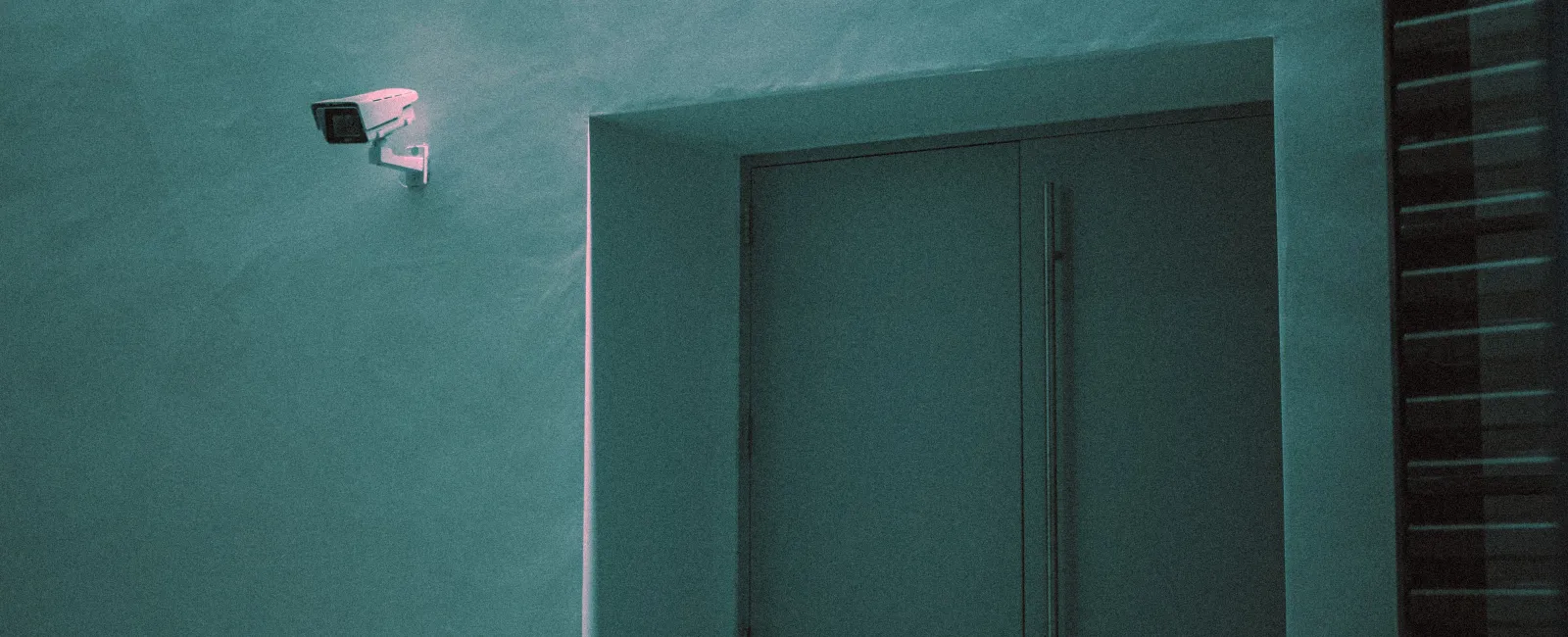December 07, 2023
Understanding the Legal Framework of Office Cameras
Office cameras have become an essential tool in modern workplace security, providing businesses with an effective way to monitor activities and ensure safety. However, it's critical to understand the legal boundaries surrounding their use to avoid infringing on employee rights and privacy laws.
The Intricacies of Surveillance Laws and Employee Privacy
Surveillance laws vary by region, but they generally aim to balance an employer's need for security with an employee's right to privacy. In most cases, installing cameras in the workplace is legal as long as employees are informed and the cameras are placed in common areas like lobbies, corridors, and warehouses. However, placing cameras in private spaces, such as bathrooms or changing rooms, is universally considered illegal and a violation of personal privacy.
Navigating Employee Consent and Notification Requirements
While the law often doesn't require explicit consent from employees for camera installation, it does mandate that employees be notified about the presence and purpose of cameras. Transparent communication about the use of office security cameras not only adheres to legal requirements but also fosters trust between employers and employees.
Implementing Office Security Cameras Effectively
Choosing the Right Cameras for Office Security
When selecting cameras for office security, consider features like high-resolution recording, night vision capabilities, and zoomable functions. Cameras with remote access and real-time alerts offer added flexibility and control, making them a popular choice for modern businesses.
Placement and Coverage: Maximizing Security and Compliance
Strategically placing cameras in common areas where security is a priority, such as entrances, exits, and high-traffic zones, maximizes effectiveness. Ensure that camera placement complies with legal guidelines and avoids areas where privacy is expected.
Cameras in the Workplace: Balancing Security with Employee Rights
The Impact of Cameras on Workplace Culture and Employee Morale
While cameras play a crucial role in security, their presence can impact workplace culture. It's essential to balance the need for surveillance with maintaining a positive and trusting work environment. Employers should communicate the security benefits of cameras to employees and address any concerns promptly.
Addressing Privacy Concerns: Best Practices for Employers
To mitigate privacy concerns, employers should limit camera access to authorized personnel only and establish clear policies on data storage and usage. Regular audits and compliance checks can help ensure that surveillance practices remain within legal bounds and respect employee privacy.
The Future of Office Camera Technology and Trends
Advances in Camera Technology: Enhancing Security and Efficiency
The future of office cameras is shaped by technological advancements like AI-powered surveillance, which offers smarter monitoring and anomaly detection. Integration with other security systems, such as access control and alarm systems, is also becoming increasingly common.
Navigating Ethical Considerations and Future Legal Developments
As technology evolves, so do the ethical and legal considerations surrounding office cameras. Employers must stay informed about emerging laws and societal attitudes towards surveillance to ensure their practices remain compliant and socially responsible.
Conclusion: Striking the Right Balance with Office Cameras
Summary: The Importance of Legal Compliance and Ethical Practices
In conclusion, office cameras are a vital component of modern workplace security, but their use must be balanced with legal and ethical considerations. Understanding and complying with surveillance laws, respecting employee privacy, and choosing the right technology are key to implementing an effective and responsible camera system in the office.
Embracing Responsible Surveillance Practices
Employers are encouraged to review their current surveillance practices, ensure legal compliance, and foster an open dialogue with employees about camera use. By embracing responsible surveillance practices, businesses can enhance security while maintaining a positive and respectful workplace environment.
